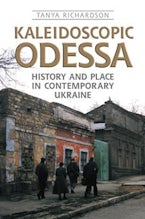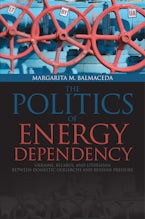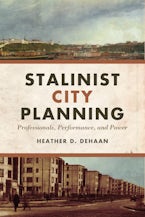The recent tumult of Ukraine's Orange Revolution and its aftermath has exposed some of the deep political, social, and cultural divisions that run through the former Soviet republic. Examining Odessa, the Black Sea port that was once the Russian Empire's southern window onto Europe, Kaleidoscopic Odessa provides an ethnographic portrait of these overlapping divisions in a city where many residents consider themselves separate and distinct from Ukraine.
Exploring the tensions between local and national identities in a post-Soviet setting from the point of view of everyday life, Tanya Richardson argues that Odessans's sense of distinctiveness is both unique and typical of borderland countries such as Ukraine. Kaleidoscopic Odessa provides a detailed account of how local conceptions of imperial cosmopolitanism shaped the city's identity in a newly formed state. Richardson draws on her participation in history lessons, markets, and walking groups to produce an exemplary study of urban ethnography.
Ethnographically sophisticated and methodologically innovative, Kaleidoscopic Odessa will interest anthropologists, Slavists, sociologists, historians, and scholars of urban studies.









